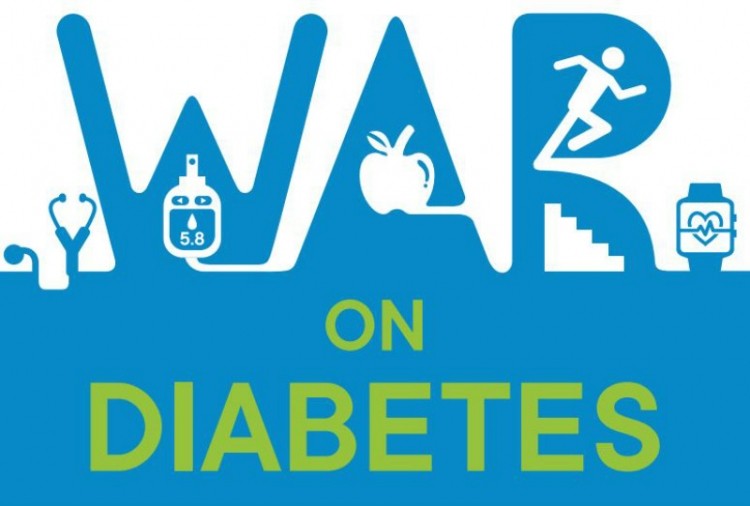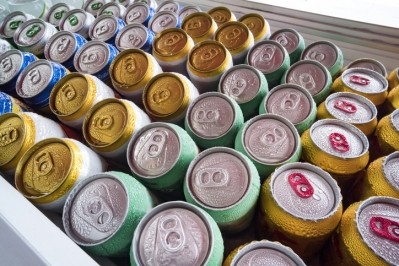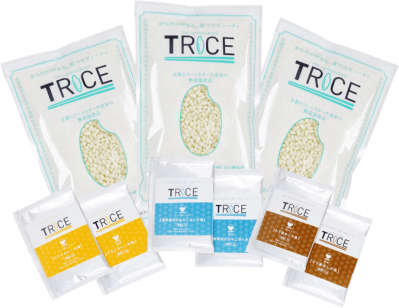Singapore’s War on Diabetes: How industry has played a key role in government’s health battle

The War on Diabetes was launched by Singapore’s Ministry of Health (MOH) in response to the high significant health and societal burden posed by diabetes. According to an MOH report, the country’s diabetes prevalence rate is one of the highest worldwide, and 2016 numbers predicted that some one million Singaporeans would be afflicted with the disease by 2050 if no action was taken.
Within this initiative, efforts by the food and beverage industry have been acknowledged as an important factor for success, and a great deal of effort has been spent across the past three years in involving these players.
“To encourage healthier eating habits and reduce obesity and incidence of diabetes, and other related co-morbidities, we have increased the availability and accessibility of healthier options for Singaporeans, in partnership with the industry and other stakeholders,” said MOH in a statement to FoodNavigator-Asia.
“More food manufacturers are developing healthier ingredients. [As of March 2019], 42 partners have come on board, representing a seven-fold increase in the number of unique ingredient suppliers since the Healthier Ingredient Development Scheme (HIDS) started in 2017.”
The HIDS scheme aims to encourage local food manufacturers to innovate and develop novel healthier ingredients tailored to local tastes, and also acts to support the local industry in marketing the use of any new ingredients in the food service sector.
According to MOH documents, the scheme was further expanded in 2018 to support innovation to lower sugar content in the beverage, desserts and sauces categories, in addition to healthier cooking oils and wholegrain staples.
In addition to innovation, MOH also actively employed the Healthier Choice Symbol positive labelling scheme to help consumers make informed food choices.
“The market share of Healthier Choice Symbol products across 100 food categories has increased by 7.4 percentage points from 18% to 25.4% in the timeframe from 2016 to 2018,” MOH told us.
These 100 categories included lower-sugar packaged beverage and sauces; wholegrain versions of rice, noodles and breads, and many more. Retailers were also roped in to increase the varieties of available Healthier Choice products under house brands, so as to ‘ensure affordability of healthier products’.
Policies and regulations
In addition to these, MOH has also announced that it will introduce a number of regulatory measures and policies as part of this initiative.
“We will introduce a ban on partially hydrogenated oils as an ingredient in all foods, including fats, oils and pre-packaged foods sold in Singapore, whether manufactured locally or imported, from June 2021,” said the ministry.
“To reduce Singaporeans’ sugar intake from pre-packaged sugar sweetened beverages (SSBs), MOH will also introduce mandatory front-of-pack labels for less healthy pre-packaged SSBs and advertising prohibitions for the least healthy SSBs on local mass media channels.
“More details on these two measures will be shared in 2020. MOH is still studying the excise duty on manufacturers and a ban on higher sugar SSBs.”
According to Senior Minister of State for Health and Law Edwin Tong, the aim with these is to have some measure of control over industry activity, but not to an extreme extent.
“We want to take an approach that is not trying to control everything that is being done, including what you eat, but we do need to look at what the outer margins are and try to have some control,” Tong said during his World Diabetes Day 2019 speech.
“Sugar and partially hydrogenated oils are something that we want to look at more closely. Several supermarkets and manufacturers recognised that the market out there is not going to be sustainable in the long term, and they have stepped forward and said they will work with us and comply by June 2020, one year ahead of schedule.”
Advertisements on unhealthy foods targeting children are also limited in the country, governed by MOH and the Advertising Standards Authority of Singapore (ASAS).
“Several measures [are] in place, including introducing advertising guidelines in 2015, to reduce our children’s exposure to the advertising of food and drinks high in fat, sugar and salt,” MOH told us.
“Under these guidelines, fast-food meals whose nutritional values exceed nutrient thresholds cannot be advertised during children programming hours. The guidelines are enforced by ASAS and the industry has been compliant.”
More updates with regard to regulatory measures, especially concerning SSB labelling and advertisement bans, can be expected next year.


















